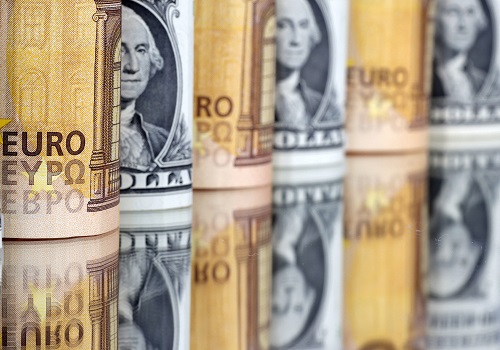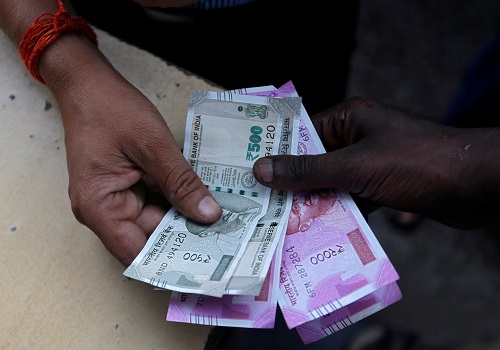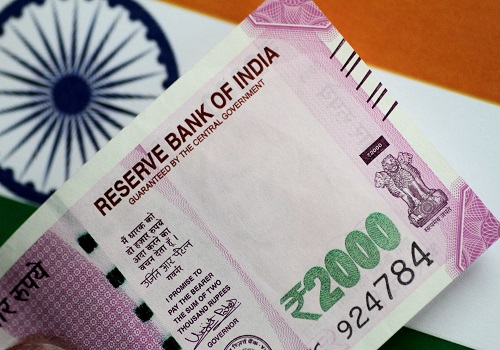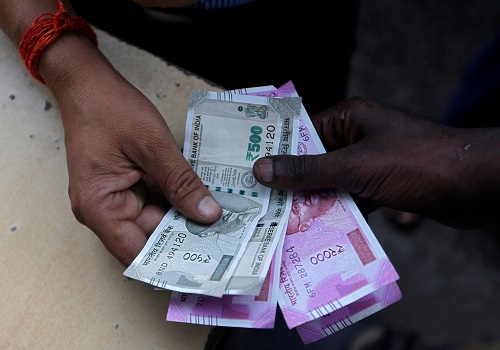Euro falls vs major currencies, dollar jumps; Ukraine conflict intensifies
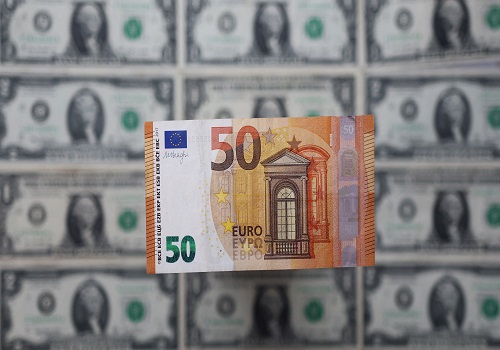
Follow us Now on Telegram ! Get daily 10 - 12 important updates on Business, Finance and Investment. Join our Telegram Channel
The euro fell against major currencies and the U.S. dollar rallied on Friday as worries increased over the impact of the escalating Ukraine-Russia conflict, especially on Europe's growth outlook.
The euro fell below $1.10 against the dollar, hitting its weakest level since May 2020. It was last down 1.3% at $1.0923 in its biggest daily percentage decline since March 2020. The European single currency also hit a fresh seven-year low versus the safe-haven Swiss franc.
Russian invasion forces seized Europe's biggest nuclear power plant on Friday. A blaze in a training building was extinguished and officials said the facility was now safe, while combat raged elsewhere in Ukraine in the second week of the assault launched by Russian President Vladimir Putin.
Against the Swiss franc, the euro was last down 1.2% at 1.0025 francs, close to parity, a level investors are watching closely in the event that it prompts intervention from the Swiss National Bank to weaken its currency. The euro also sank against sterling, hitting its lowest level since June 2016. Strategists worry that surging energy and gas prices will hit Europe's economic growth prospects.
Investors flocked to the U.S. dollar and other safe-haven currencies. The U.S. dollar index initially pared gains but then rallied further following data Friday that showed U.S. job growth surged in February. The index also rose 2% on the week, the largest weekly percentage gain since April 2020.
Employers in the United States added 678,000 jobs in February, more than economists' expectations of a gain of 400,000. Average hourly earnings were unchanged, however, compared with an expected 0.5% gain.
The index was last up 0.9% at 98.565, reaching its highest since May 2020, while the dollar was down 0.5% against the Japanese yen
"The most compelling story here is the flight to safety, which we've seen coming in ebbs and flows. It picked up overnight with the fire" in Ukraine, said Amo Sahota, director at Klarity FX in San Francisco. "That created a pop up in U.S. dollar across the board.
"The big losses have really been focused on European currencies in particular," he said, noting that economists could be revising lower their European growth forecasts.
Amid the crisis, the U.S. dollar has been "the currency of choice," he said.
Also supporting the dollar, investors expect the U.S. Federal Reserve to raise interest rates at its March 15-16 meeting for the first time since the coronavirus pandemic.
Fed Chairman Jerome Powell in testimony before Congress this week reiterated that he supports a 25-basis-point hike this month.
In addition, the Czech National Bank said on Friday it was intervening in the market to stem the depreciation of the crown. Poland's central bank intervened this week, while Hungary delivered its most aggressive rate hike since 2008.
The rouble ended the week down more than 20% against the dollar and euro in Moscow trading on Friday. The rouble ended the week at 115 per dollar from 83 last Friday in Moscow, though it strengthened 1% on the session from its Thursday close. Against the euro, it closed just below 119 from 93 last week.
Commodity-linked currencies mostly extended recent gains. The Australian dollar was up 0.6% against the U.S. dollar, while the New Zealand dollar was up 0.9% against the U.S. dollar. But the U.S. dollar was up 0.4% against the Canadian dollar.
"Commodity currencies generally are doing very well, but it's intersting that North American commodity currencies are softer than others," Sahota said.



















